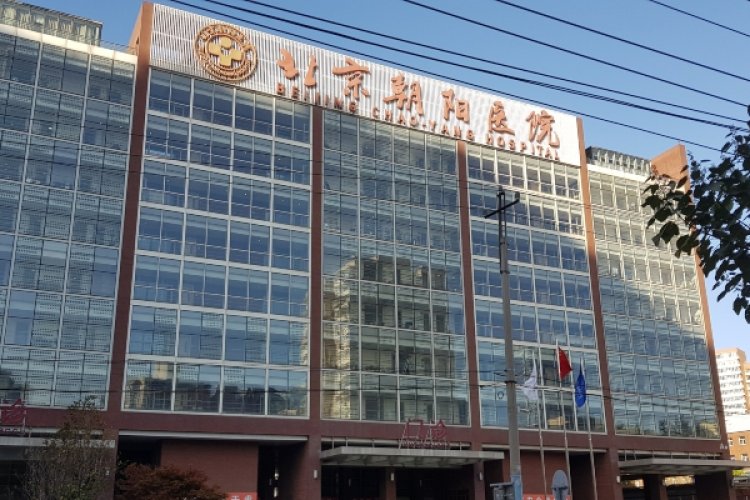Carpooling to Come in From the Dark Side with New Legislation
Beijing’s attempt to encourage carpooling while at the same time keeping “black taxis” outside the law has resulted in some awkward and complicated proposed regulations that are sure to hinder widespread adoption of the practice.
In an article in last week’s Beijing News, officials outlined the first-ever draft rules on carpooling. The laws seem carefully crafted to make sure that in the process the government doesn’t give the green light to black taxis – aka private drivers who offer rides for a fee negotiated on the spot.
Black cabs have long filled a niche for commuters in Beijing who can’t find a legit taxi or are traveling routes unpopular with cab drivers. At the same time, black cabs have been continuously demonized by a bureaucracy threatened by their unregulated, untaxable ways.
Perhaps most onerous amongst the seven-part carpooling legislation is requiring drivers and riders to sign a written contract in advance.
The draft also includes anal-retentive definitions on acceptable fees and who can join a carpool with whom:
1. Carpoolers must be neighbors;
2. The only types of carpooling that are permitted are long-term sharing of daily commuting and short-term, long-distance holiday travel;
3. Carpooling must not be done for profit, but drivers and passengers should share the actual costs of fuel and tolls.
The Beijing News article goes on specify that on-the-spot carpooling – aka sharing a ride that has not been pre-contracted by both parties – will remain expressly illegal. Operators of black taxis face fines of RMB 3,000 to RMB 20,000 and fake contracts will be dealt with severely as well (as one would assume that all black taxi drivers will react to the new law be keeping a blank contract in their car in the event they are pulled over).
Carpooling in places like the United States is primarily the realm of private individuals who form carpools on an ad-hoc basis. There, government encouragement of carpooling typically consists not of regulating agreements but rather incentivizing drivers: in many cities certain lanes of congested roadways are earmarked for exclusive use by “high occupancy vehicles”, aka cars that have at least one passenger in addition to the driver.
Beijing officials tasked with encouraging carpooling estimate that if successful, such behavior could reduce between 10% to 25% of the volume of vehicles on the road during rush hour. Back-of-the-envelope calculations using the lower end of that estimate indicate that the practice could result in approximately 400,000 fewer vehicles on the roads during the daily commute.
Interestingly, this legislation may be a pre-emptive strike by officials who would love to set the agenda for a future carpooling mobile app, as they missed the boat on setting the standard with taxi booking apps.
Mobile taxi booking services like China’s Didi Dache and its global counterpart Uber have been taking off like wildfire in big cities around the world, undermining what used to be the exclusive domain of local transportation bureaus. Beijing cabbies have adopted Didi Dache en masse and while Uber has not reached Beijing, it is already available in Shanghai and launches in Guangzhou Jan 8.
Similarly, startups like Lyft and Sidecar do the same thing for peer-to-peer ridesharing, and recent stirrings on the legislative end here in China are likely to be followed by a government-issued app to regulate ride sharing (that is if entrepreneurs can't beat them to the punch).
Illustration: http://auto.163.com/






